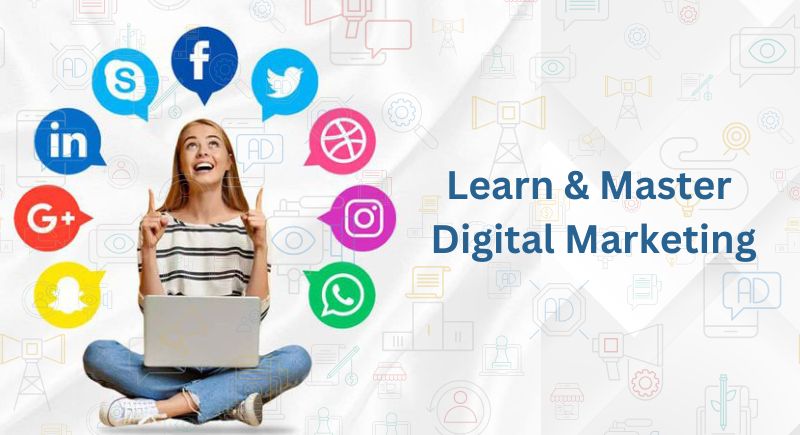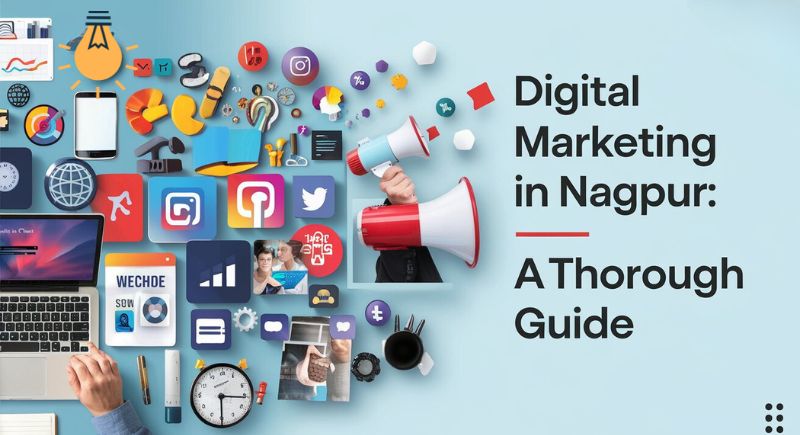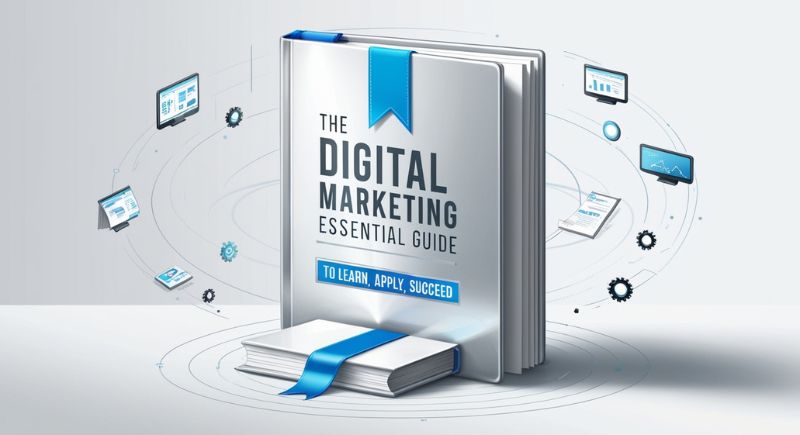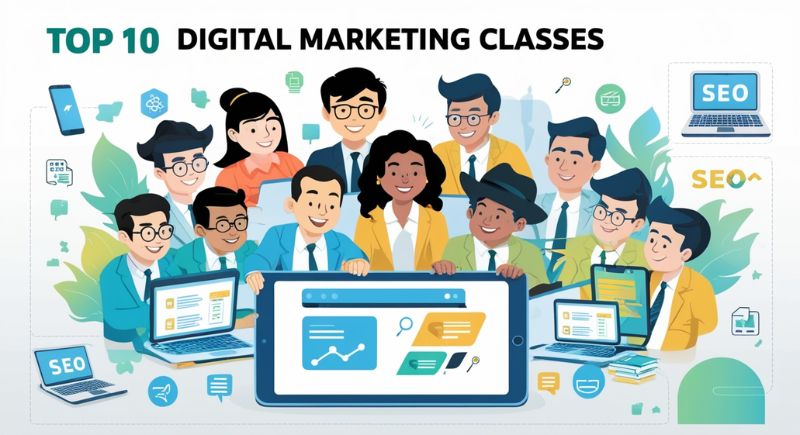Why email marketing is important?

What is email-marketing?
Email marketing is the most effective digital marketing strategies, and it is used by businesses to reach their target audience. It involves sending emails to specific list of contacts in order to promote products or services, build relationships with customers. It helps businesses to create personalized customer experiences, increase brand awareness and loyalty, and measure the success of campaigns. E-mail marketing, businesses can easily track the results of their campaigns in real-time and make adjustments based on those results.
How does email marketing works?
E-mail marketing is an effective digital marketing strategy that involves sending out emails to potential customers. It is a great way to reach out to customers and build relationships with them. It helps businesses stay top of mind with their customers, as well as increasing brand awareness, driving sales, and providing useful information. Through email campaigns, businesses can target specific customer segments and personalize messages for maximum impact. With the right tools, it can be an efficient and cost-effective way for businesses to reach their target audience.
Benefits of email marketing
E-mail marketing is an effective way to reach potential customers and build relationships with them. It is used to reach a wide audience quickly.Here are some of the key benefits:
1. Cost-effective: Email marketing is an affordable way to reach a large audience with a minimal budget.
2. Measurable results: Email marketing provides measurable results, allowing you to track the success of your campaigns and make data-driven decisions.
3. Targeted audience: Email marketing enables you to reach a targeted audience with personalized and relevant content, increasing the impact and effectiveness of your messages.
4. Build relationships: Email marketing provides a valuable opportunity to build relationships with customers and improve brand recognition.
5. High engagement: Email has a high open rate compared to other marketing channels, making it an effective way to reach and engage a large audience.
6. Increased conversions: Email marketing can drive higher conversion rates and improve marketing results by delivering relevant, personalized content.
7. Flexible and scalable: Email marketing is flexible and scalable, making it easy to adapt to changing business needs and reach a growing audience.
8. Cross-channel integration: Email marketing can be integrated with other marketing channels, such as social media, to create cross-channel marketing opportunities.
9. Lead generation: Email marketing can be used to generate leads by encouraging subscribers to provide their contact information in exchange for valuable content.
10. Increased website traffic: Email marketing can drive increased website traffic by providing subscribers with links to relevant content and offers.
Is e-mail marketing effective?
Yes, email marketing can be effective when done correctly. When executed well, it can drive conversions, build brand awareness, and increase customer engagement and loyalty. However, the effectiveness of e-mail marketing depends on several factors such as the quality of the email list, the relevance and value of the content, the frequency of sending emails, and the ability to measure and analyze results. It is important to follow best practices, such as personalizing emails, segmenting your audience, and using subject lines and calls to action that are clear and compelling.
Best E-mail marketing strategies
Here are some of the best email marketing strategies:
1. Personalization: Using subscribers’ data and behaviors to personalize your email content, subject lines, and calls to action for a more engaging and relevant experience.
2. Segmentation: Segmenting your email list into smaller groups based on common characteristics, behaviors, or interests to deliver more targeted and relevant content to each group.
3. Automation: Automating repetitive or time-consuming tasks, such as welcome emails, abandoned cart reminders, and loyalty program updates, to save time and improve efficiency.
4. A/B testing: Testing different aspects of your emails, such as subject lines, email designs, or calls to action, to determine the most effective approach and improve results.
5. Content relevance: Delivering valuable, relevant, and high-quality content that meets the needs and interests of your subscribers, and encourages engagement and action.
6. Mobile optimization: Optimizing your emails for viewing on mobile devices, including a responsive design and clear, concise content, to improve engagement and results.
7. Visual appeal: Using eye-catching visuals, such as images, videos, and infographics, to capture the attention of your subscribers and improve the impact of your content.
8. Timing and frequency: Timing your email sends at the right frequency to reach your subscribers at the right time and reduce the risk of fatigue or boredom.
9. Cross-channel integration: Integrating your online marketing with other marketing channels, such as social media and search engine marketing, to create cross-channel marketing opportunities.
10. Analytics and optimization: Continuously monitoring and analyzing the results of your campaigns, and using the data to refine your approach and improve results.
Conclusion:
Email marketing is a cost-effective and targeted way to reach customers and prospects. By regularly sending relevant and personalized messages, businesses can build relationships with their audience, increase brand awareness, and drive sales. However, it is important to comply with privacy regulations, avoid spamming, and use best practices such as segmentation and A/B testing to ensure success. Overall, it can be an effective component of a comprehensive marketing strategy.









